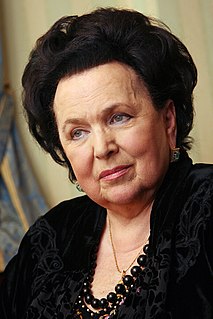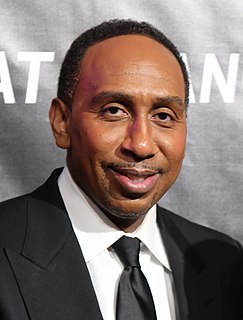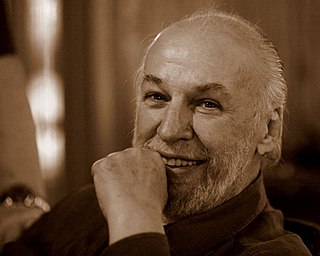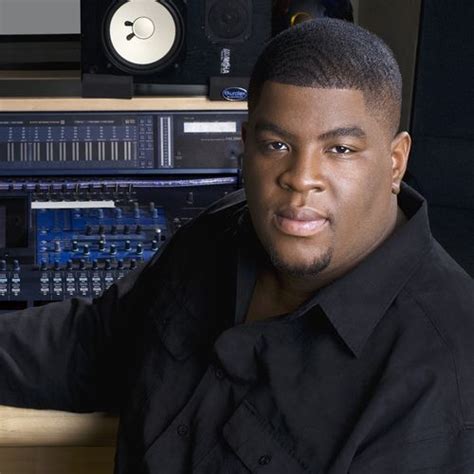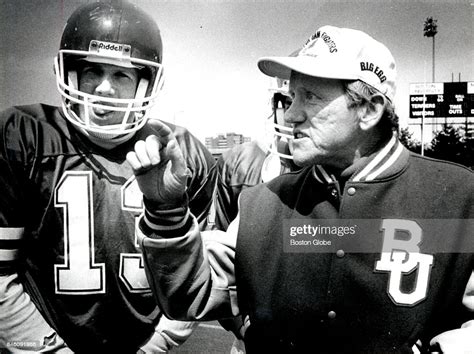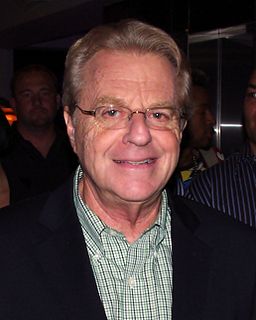A Quote by Galina Vishnevskaya
The major newspapers simply stopped writing about me, and my voice could no longer be heard on radio or television.
Related Quotes
As a child of the 1970s, I couldn't hold a narrative in my head; I was lucky if I could hold a joke in my head, because every time you turn on television or radio, it wipes the slate clean - at least in my case. After I gave up television, I found I could carry longer and longer stories or ideas in my head and put them together until I was carrying an entire short story. That's pretty much when I started writing.
But it was definitely a car trailing me and quickly I prepared myself for a great dash. I began quickening my step and when it stopped alongside me I could stand it no longer. "My father's a cop and he'll kill you," I screeched without looking. "No, he's a barrister," I heard Michael Andretti say in a calm voice, "and he'll kill you if you don't get into this car.
When you think about advertising, it's understanding that whether it's newspaper, radio, or television, you have to know how to advertise, how to market, because ultimately, everything comes down to ratings and revenue or ratings and subscribers and revenue, whether it's newspapers or radio or television.
Listen- my relationship with radio on a personal level is nothing but a one way love-a-thon... I love radio, I grew up on radio. That's where I heard Buddy Holly, that's where I heard Chuck Berry. I couldn't believe it the first time I heard one of my records on the radio, and I STILL love hearing anything I'm involved with on radio, and some of my best friends were from radio. But we were on different sides of that argument, there's no question about that.
I think everyone has a story to tell. Part of what I do is help artists find their voice, not only their vocal voice, but their writing voice. Every artist that I worked with who has those records that everyone talks about, they are also writers. I like to say I helped support whatever their writing was so people heard the song clearly.
Critics stopped being relevant when they stopped writing to inform and contextualize, and when they started writing to signal who they are, to display their identity by their stance on what they are writing about. Criticism should never be about the critic, but thats what it has become, and that’s why no one cares about them anymore.
It's probably simply a matter of temperament that I never stopped to wonder if I could "match" what I had done, never choked off my writing by competing with myself, or with anybody else for that matter. My ambition was absolutely centered on the work itself, never on what it would bring me, or "who" it would make me. I never cared about that at all.
